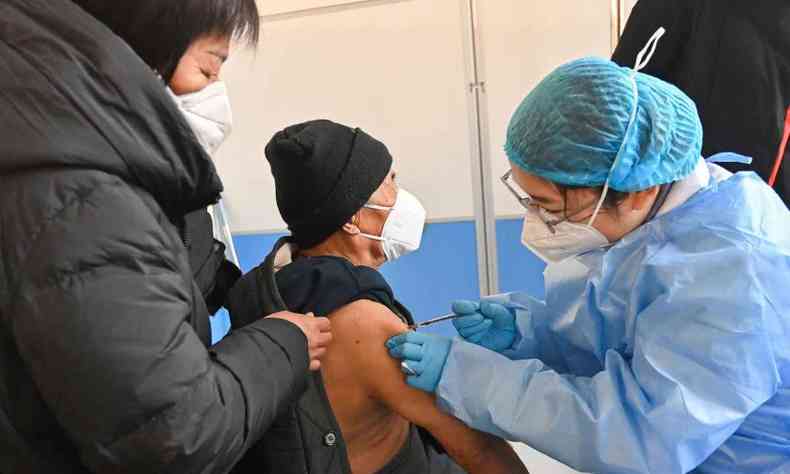
Three years ago, the first case of COVID-19 was identified in China, the beginning of a disease that has spread around the world and which should now be a lesson for the next epidemic, according to experts.
“We’re not moving enough to be prepared,” said William Rodriguez, director of Find, a United Nations-sponsored foundation that aims to improve access to diagnostic tests worldwide.
Tests, especially those that can be done at home, are essential to prevent the spread of the disease. Others are identifying viruses or bacteria that may cause the next pandemic, discovering vaccines or emergency treatments, or producing and distributing these products.
WHO member states have begun international negotiations to combat future epidemics. On the other hand, the World Bank has set up a specific fund, which is funded by the G20 countries (in the range of US$1.6 billion so far).
some mutations
Initiatives are also private. In Australia, businessman Geoffrey Cumming has committed US$170 million to fund a research center run by pathologist Sharon Lewin.
This team will focus on developing technologies that can serve as the basis for rapidly adaptable therapies against novel pathogens.
The model is the mRNA vaccines that have been developed against the coronavirus. Sharon Lewin told AFP the Australian center would be ready within six months.
The goal is to learn how to respond urgently to an unknown pathogen, but anticipation also includes identifying known risks.
The World Health Organization is updating its list of microbes to monitor. In addition to influenza, attention is paid to coronaviruses in general and the highly dangerous Ebola and Zika viruses.
Epidemiologist Jennifer Nuzzo, of Brown University in the US, warns that “a few mutations of each of these viruses” is enough to double the spread.
Other closely monitored pathogens are arenaviruses, paramyxoviruses, to which measles and mumps belong, or Marburg virus.
several crises
Above all, experts and activists fear a lack of political will, as in the case of financing.
CEPI, which was co-founded by several countries and the Bill & Melinda Gates Foundation to tackle the pandemic, is seeking US$800 million to prepare a five-year response plan.
There is also the thorny issue of getting vaccines, starting in poorer countries.
“For me, the tragedy of Covid has been the uneven distribution of vaccines, even when they were already available,” says Nozzo.
Experts agree that if there is no quick and cheap access to vaccines in Latin America, Africa or Asia, the next crisis will not have an adequate response.
Mohga Kamal Yanni, representative of the People Vaccine Alliance, says the patent discussions within the WHO are “extremely troubling”.
